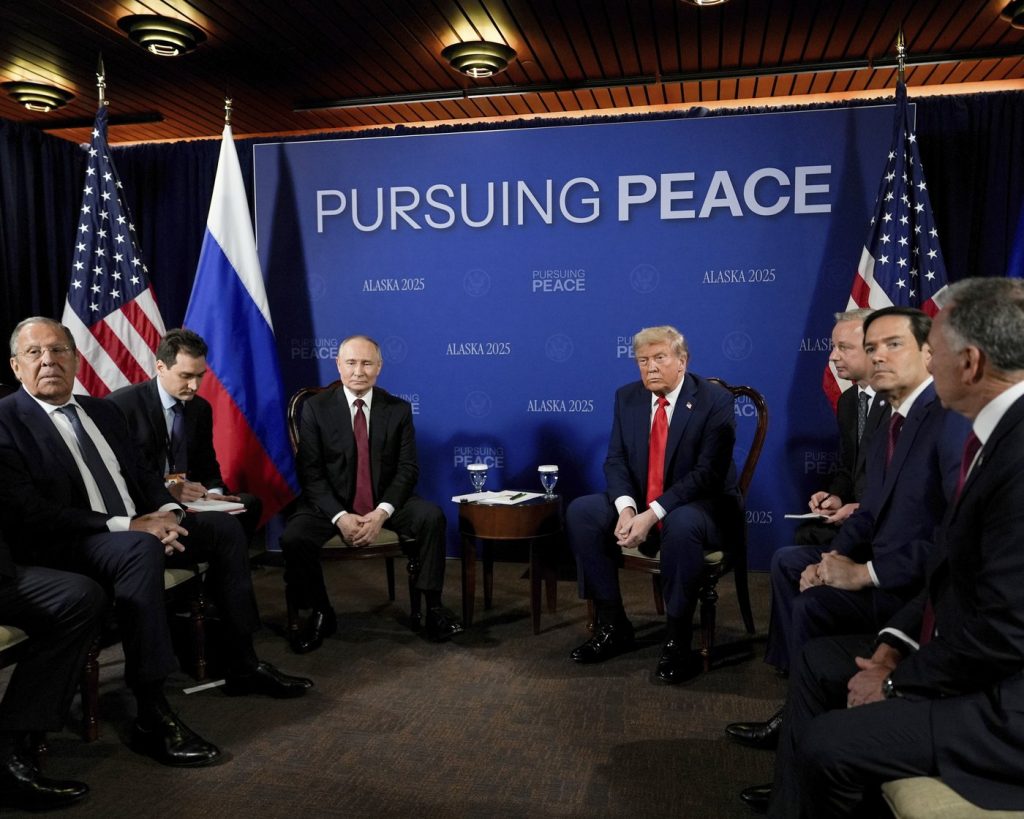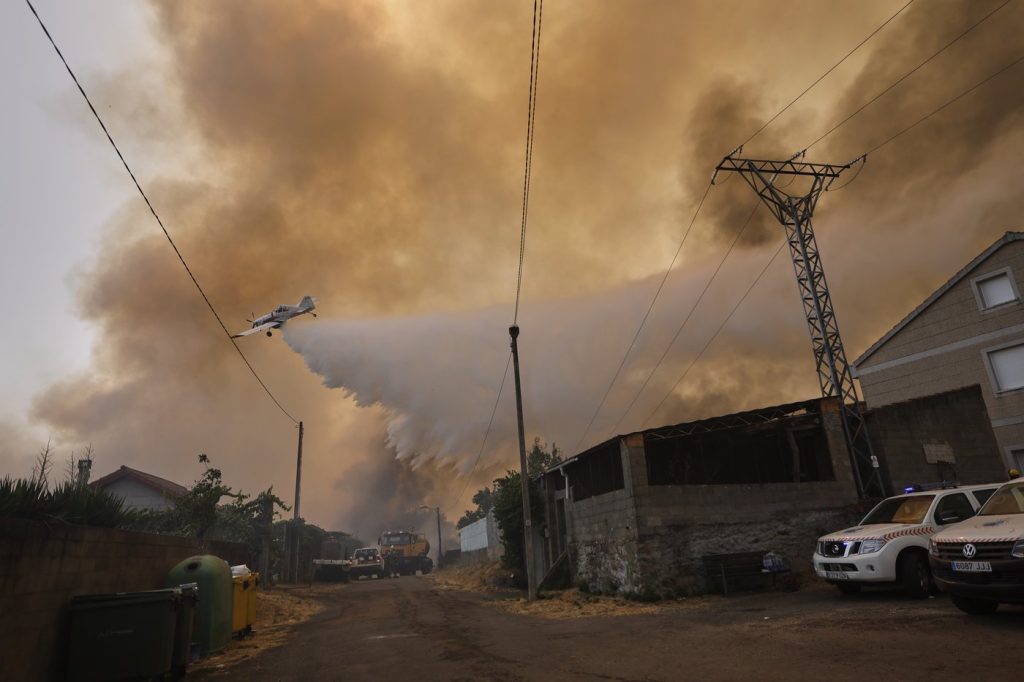NEW YORK (AP) — At a recent summit, Russian leader Vladimir Putin and President Donald Trump reportedly agreed that the United States and its European allies could provide Ukraine with a security guarantee akin to NATO's collective defense commitment. This potential agreement is seen as a pivotal development, according to a U.S. official who spoke on Sunday.
Trump's envoy, Steve Witkoff, who participated in the summit held on Friday at a military installation in Alaska, stated this was the first time Russian representatives acknowledged such a guarantee. He labeled the agreement as “game-changing” and an important concession on the part of Russia.
Witkoff explained that the U.S. could potentially offer Article 5-like protection to Ukraine, a key aspect that Kyiv desires in its NATO aspirations. However, he provided few specifics regarding the idea, indicating that it represents a significant shift in Putin's stance and a possible solution to his strong opposition to Ukraine joining NATO.
Discussions surrounding this agreement are expected to be a focal point on Monday as Ukrainian President Volodymyr Zelenskyy convenes with Trump and major European leaders at the White House to deliberate ways to conclude the ongoing 3 1/2-year conflict.
Trump commented on social media, stating “BIG PROGRESS ON RUSSIA,” and encouraged followers to “STAY TUNED!” However, he also appeared to place the responsibility on Zelenskyy to make concessions, asserting that the Ukrainian leader could swiftly end the war if he chose to.
Article 5, which lies at the core of NATO, stipulates that an armed attack against one member is deemed an attack against all. U.S. Secretary of State Marco Rubio, who was also present at the summit, noted that the forthcoming discussions would entail shaping the specifics of these security guarantees. Ukraine and its European allies have urged the U.S. to establish a framework that could deter future Russian incursions.
Rubio indicated that discussions would focus on the construction and enforceability of these guarantees, suggesting that they would need to be carefully articulated. While he acknowledged that Trump’s commitment to the guarantees could represent a significant concession, uncertainty remained about the full scope of Trump’s endorsement.
In terms of Russia's commitments, Witkoff disclosed that they had agreed to legislate a measure preventing further territorial ambitions against European nations. He stated the Russians committed to legislative language that would restrict them from seizing additional land from Ukraine after a peace agreement.
European Commission President Ursula von der Leyen expressed approval of the developments from the White House, highlighting their readiness to collaborate on security guarantees. She emphasized the European Union's eagerness to contribute to a collective security framework for Ukraine.
Zelenskyy, while thanking the U.S. for considering such guarantees, raised concerns about the lack of clarity regarding the operation and the specific roles of the U.S. and Europe within this framework. He articulated the necessity for practical security guarantees that function similarly to NATO's Article 5.
French President Emmanuel Macron stressed that the essence of the security guarantees would be more crucial than the nomenclature. He added that European leaders intend to solicit U.S. backing to enhance Ukraine’s military capacities.
In the aftermath of the summit, Witkoff and Rubio defended Trump’s decision to shift focus from a ceasefire towards forging a comprehensive peace agreement, noting significant progress was made. Rubio stressed the importance of a peace agreement, warning of possible consequences if a resolution remains elusive.
Amid these discussions, territorial concessions from Zelenskyy were anticipated to dominate meetings, particularly regarding Putin's interest in the Donetsk and Luhansk regions. The status and potential exchange of territories were highlighted as increasingly critical topics. Zelenskyy reiterated Ukraine's refusal to concede any land, asserting the current front lines should dictate any territorial discussions.
This week's series of high-stakes meetings may ultimately shape the future dynamics in Ukraine and its relations with both the U.S. and Russia, as leaders negotiate a pathway to peace, balancing security and territorial integrity.












